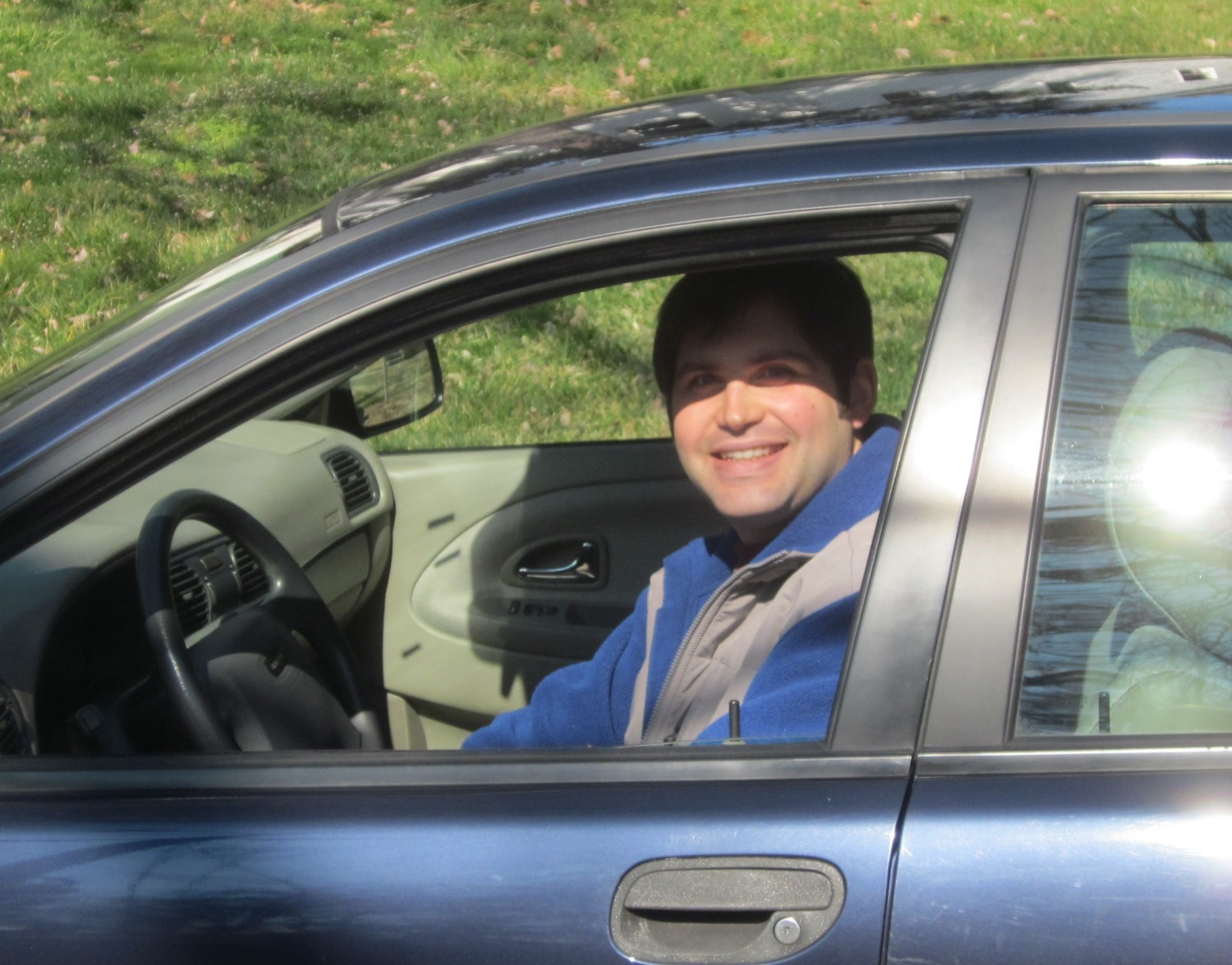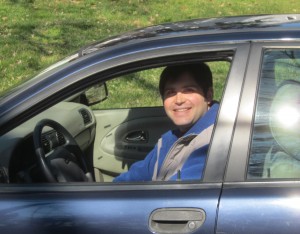
Worried About Your Teen Driving?

Dr. Carey Heller: Clinical Psychologist and founding partner of The Heller Psychology Group LLC in Bethesda, Maryland.
Individuals cannot vote and make legal decisions until they are 18 years old. People are not legally allowed to drink until they are 21 years old. Yet, teenagers are allowed to get their learners permit at 15 years, nine months of age and their license nine months later. Some parents feel their teens are responsible enough to drive by themselves once they obtain a license, while others greatly worry about their teen’s ability to respond quick enough in emergency maneuver situations, stay adequately focused behind the wheel, and not speed or engage in other dangerous driving behaviors. For individuals with ADHD, executive functioning deficits, anger management issues, or other difficulties, there are more factors involved in assisting them to be safe drivers.
Here are a few suggestions to help make your teen more prepared to be a safe driver:
1) Practice, Practice, Practice! Individuals who have trouble remembering certain items, such as to use a turn signal, check the rear view mirror, etc., really need a lot of practice so that the basic skills associated with driving can be internalized and become second nature to them.
2) For teens with visual-motor difficulties, poor planning abilities, slow reaction time, or other issues that have the potential to affect driving, seek professional assistance in the form of an OT, visual training, or other relevant services.
3) If your teen has difficulties remaining focused, has executive functioning deficits, or anger management issues, seek the assistance of the appropriate professional such as a psychologist or other mental health professional, psychiatrist, or ADHD/executive functioning coach. Getting assistance with these items will help your teen in several domains as well as with driving.
4) Make sure you trust your teen not to drink alcohol or use drugs and then get behind the wheel (or in the car with someone who has been drinking or using drugs). Teenagers often have an inflated sense of emotional maturity and ability to make sound decisions. Thus, they often perceive themselves as being able to make good decisions in situations, but usually don’t have the same abilities as adults. Many teens also operate with the mentality that nothing bad could happen to them. Therefore, it is important to make sure that you can trust your teen not to do anything that would impair their ability to drive effectively.
5) If your teen needs more intensive driver training than you are able to provide, consider having them practice with a trained instructor. In addition, there are programs designed for individuals that may need more intensive training due to behavioral, emotional, or cognitive issues such as the program offered by Montgomery College: http://cms.montgomerycollege.edu/wdce/bits/driveredcourses.html.
I hope that these suggestions have been helpful. It is important to remember that teens do ultimately need to learn to drive in most cases (barring significant issues that would impede their ability to drive effectively), and if they don’t learn in high school, it makes it much harder for them to have opportunities to as easily learn later on. In some instances, people who don’t learn to drive in high school become fearful of driving and never obtain a license. However, for some individuals, waiting longer is necessary in order to give them time to mature, both emotionally and mentally. If you have significant concerns about your teen’s ability to be a safe driver, consider having them evaluated by the appropriate professional to determine if they really will likely be unable to be a safe driver, and if so, what items can be implemented to improve skills in order to allow your teen to be successful at driving.
In addition to regular blog updates, you can follow me through The Heller Psychology Group’s Social Media pages for daily postings of useful articles:
*Disclaimer: The previous information is intended as general guidance based on my professional opinion, does not constitute an established professional relationship, and should not replace the recommendations of a psychologist or other licensed professional with whom you initiate or maintain a professional relationship*


Engage us on Facebook
Follow us on Twitter
Tweets by @mymcmedia